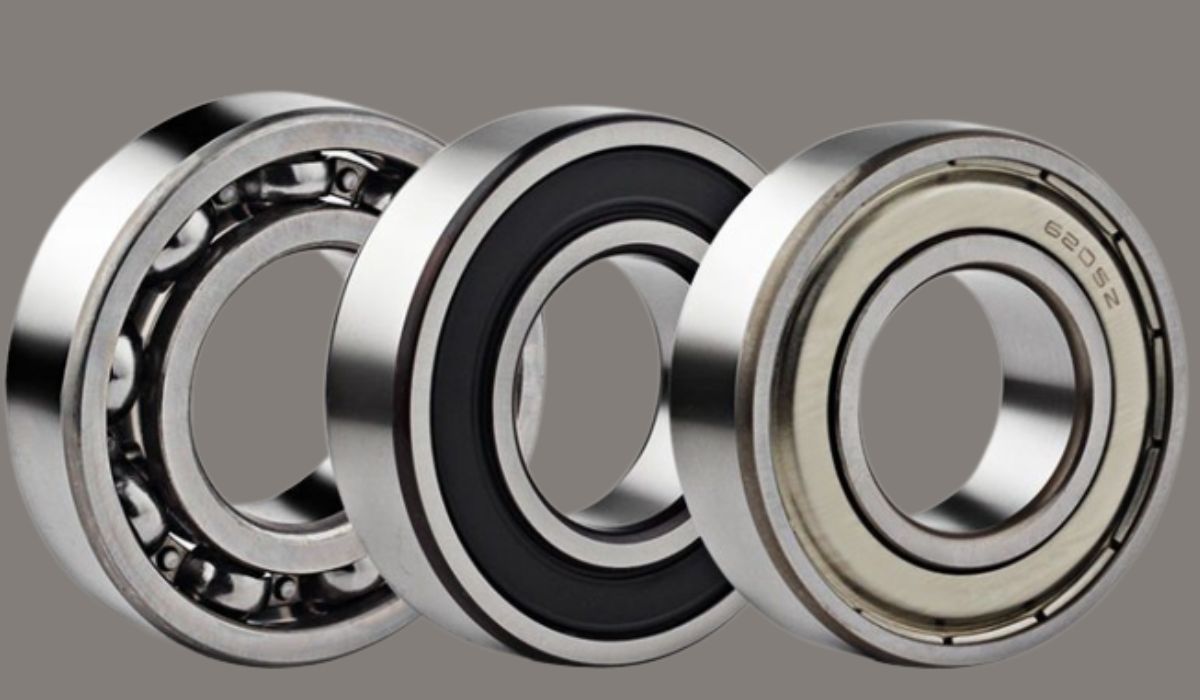Wheel bearings play an important part in the reliability and security of your vehicle. These seemingly insignificant parts, located in the wheel’s hub assembly, are responsible for the wheels’ frictionless rotation. Wheel bearings are often overlooked yet are crucial to the vehicle’s alignment, stability, and general performance on the road. In this piece, we’ll talk about wheel bearing, how important wheel bearings are for a smooth and risk-free ride.
What are Wheel Bearings
Wheel bearings are highly developed parts that allow the wheels of a vehicle to spin freely. A bearing is made up of the bearing race, which is a metal ring that houses the steel balls or tapered rollers. High-quality grease is often put into the bearings to reduce friction and facilitate easy wheel rotation.
Functions of Wheel Bearings
Load Support: Wheel bearings support the load of the car and its passengers. The wheels are able to turn easily and without excessive friction because of their support and the even distribution of the load.
Reducing Friction: Wheel bearings reduce friction between the wheel hub and the axle or spindle by employing high-quality grease and a perfectly built design. As a result, less power is needed to turn the wheels, leading to better fuel economy.
Absorbing Axial and Radial Forces: The axial (push) and radial (side) forces, such as those felt during turns or when driving over bumps and potholes, are dissipated by the wheel bearings. This helps keep everything steady and keeps the suspension from wearing out too quickly.
Wheel Alignment: Accurate wheel alignment is aided by wheel bearings that are in good working order. Misalignment, caused by worn or damaged bearings, can impair control, compromise safety, and cause uneven tire wear.
Signs of Wheel Bearing Issues
Unusual Noise: A persistent humming, growling, or rumbling noise that intensifies with vehicle speed is a common symptom of a damaged wheel bearing. Turns tend to be times when the noise is more noticeable.
Wheel Vibration: Poorly maintained wheel bearings can generate vibrations that are felt in the steering wheel and other parts of the car, making for an unpleasant and unsteady drive.
Uneven Tire Wear: Damaged wheel bearings can lead to irregular tread wear. You may have a problem with your wheel bearings if you see unusually rapid wear on the inside or outside edges of your tires.
Steering Instability: Faulty wheel bearings might reduce responsiveness and stability in the steering. Wheel bearing wear can cause a vehicle to feel sloppy or veer off course, especially at higher speeds.
Maintenance and Replacement
Due to the high levels of stress and wear experienced by wheel bearings, routine maintenance is essential. When it comes to maintenance checks and oil changes, it’s best to stick to the manufacturer’s recommendations. You should have your wheel bearings inspected and, if necessary, replaced by a professional mechanic the moment you observe any of the aforementioned warning indications.
Conclusion
The wheel bearings on your car are an essential part of the suspension system that keeps your ride comfortable and stable. They are crucial to the vehicle’s alignment, stability, and general performance on the road. Wheel bearings have a finite lifespan, but you can help preserve your vehicle’s ride quality, reliability, and safety by keeping an eye out for warning signs of wear and replacing them as soon as possible. Keep in mind that the quality of your bearings is directly related to the smooth operation of your wheels.
FAQs
What are wheel bearings?
Wheel bearings are an integral part of the wheel hub assembly. The bearing race is a metal ring within of which steel balls or tapered rollers rotate. Their job is to make sure the wheels spin freely and easily.
Why are wheel bearings important?
For several reasons, wheel bearings are an essential component. They carry the vehicle’s load and keep it evenly distributed. They help save money at the pump by decreasing friction. Stability is preserved while axial and radial forces are absorbed. They also help maintain correct wheel alignment.
How do I know if my wheel bearings are faulty?
There are some warning indicators you may look out for. Wheel bearing problems commonly manifest as a strange humming or rumbling sound that gets louder as the vehicle picks up speed. Steering instability, tire wear inconsistencies, and vibrations are all signs that something is wrong with the wheel bearings.
Can I drive with a worn-out wheel bearing?
No, a wheel bearing that has seen better days should not be driven. A vehicle with defective wheel bearings may become unstable and difficult to control, posing a safety risk to motorists. You should have your wheel bearings tested and, if necessary, changed if you see any signs of wear or damage.
How often should wheel bearings be maintained or replaced?
Wheel bearings must be serviced regularly to ensure proper operation. Checking and lubricating at the recommended intervals as specified by the manufacturer is a good idea. However, if you hear strange noises or feel unusual vibrations coming from your wheels, it’s time to get them checked out by a professional.











